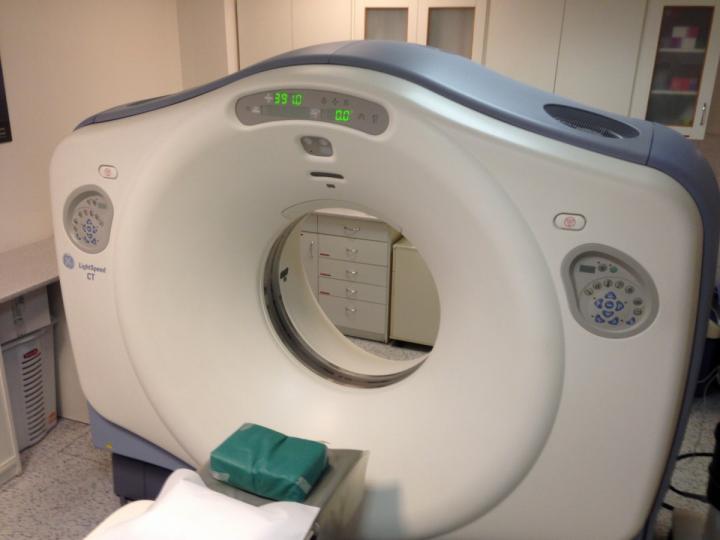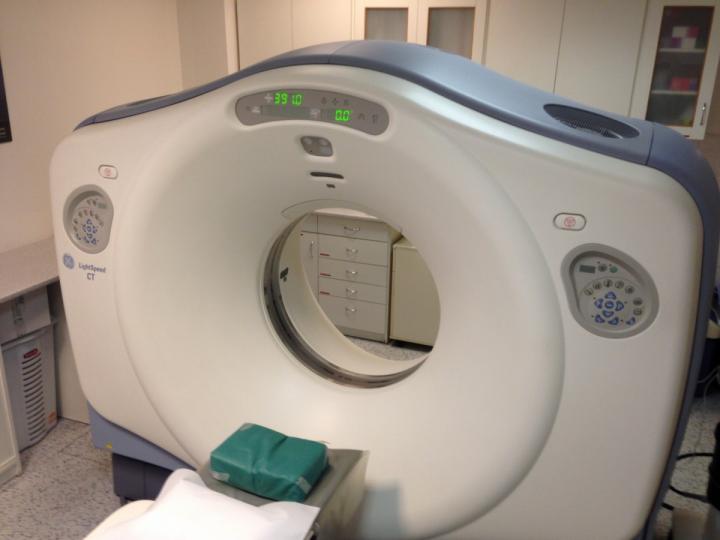
Credit: Google images
INDIANAPOLIS — An updated systematic review of recent studies of health information exchanges found evidence the exchanges reduced both the cost of health care and its use. That contrasts with an assessment published three years ago that found little such evidence.
The new findings "represent progress in reaching the national goals of better-quality care, improved population health and lower costs," said Nir Menachemi, a professor in the Indiana University Richard M. Fairbanks School of Public Health at IUPUI, chair of the school's Department of Health Policy and Management, and the study's lead investigator.
Benefits reported from the current systematic review include fewer duplicated procedures, reduced imaging, lower costs and improved patient safety.
Health information exchanges allow doctors, nurses, pharmacists and other health care providers to share a patient's computerized medical information electronically.
"Up until this point, the promise of health information exchanges to improve care and reduce costs has been theoretical," Menachemi said. "We now have reasonably strong evidence that there are benefits to using health information exchanges."
Researchers found community health information exchanges were more likely to produce benefits than proprietary or enterprise health information exchanges. Community health information exchanges are those in which any provider in a community can share information about any patient. Proprietary health information exchanges are those that limit access, for example, to just one hospital and certain health care providers.
"It looks like community health information exchanges might be more likely to achieve improved outcomes," Menachemi said.
The current review focused on 24 articles including 63 health information exchange analyses that were published between May 2014 and June 2017. Among all analyses, 68.3 percent reported a beneficial effect from health information exchanges, and 7.9 percent reported an unexpected adverse effect. The remaining analyses reported no effect.
Only weak evidence was reported linking health information exchanges to reduced costs, use of health services or quality of care when the first systematic review of health information exchanges was published in 2015. Menachemi was also the lead investigator of that review.
Several reasons might explain why there is a difference when it comes to the evidence between the two reviews, Menachemi said. One might be that the more current studies were examining more mature health information exchanges that have evolved to be more effective than earlier-generation systems.
"If so, this finding bodes well for health information exchange's ability to deliver on anticipated improvements in the delivery of care," Menachemi said.
###
Media Contact
Rich Schneider
[email protected]
317-278-4564
@IUScienceNews
http://newsinfo.iu.edu





